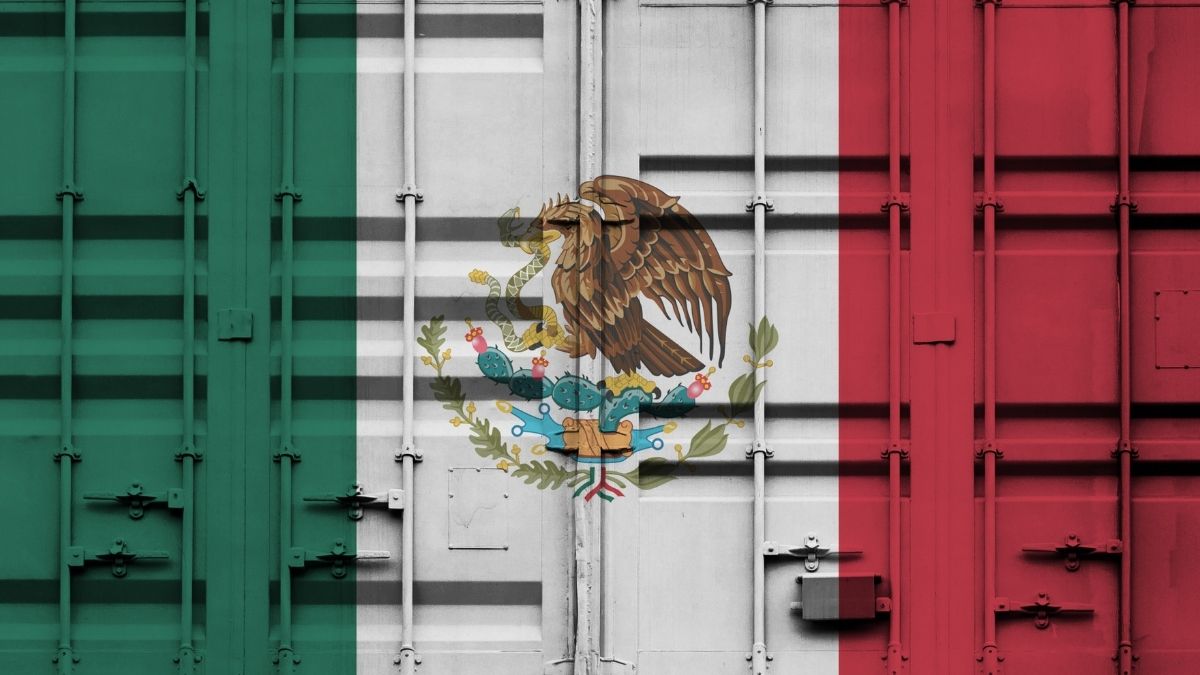
Starting August 11, 2025, exporters in Mexico will need to comply with a new regulation: an automatic export notice for certain products. Originally published by the Mexican government on June 3, 2025, the requirement was initially scheduled to take effect on June 4 but was then postponed to July 7 and ultimately delayed to August. This change is part of Mexico’s broader effort to improve trade flow monitoring.
What is the automatic export notice?
The new rule initially applied to 33 specific product categories. However, following the June 23 update, the automatic export notice requirement has been narrowed and now applies only to five tariff codes (listed below). Exporters of these products must submit an automatic export notice.
What is the process to apply for the export notice?
Starting June 30, 2025 exporters must:
- Submit a mandatory notification through the National Foreign Trade Information System (SNICE).
Include:
- A free-form document that meets the requirements of Rule 1.3.5 of the Mexican Foreign Trade Rules.
- An Excel spreadsheet, which will be available on the SNICE website.
The government will process the request within 10 business days.
Products affected by the automatic export notice
- 8411.12.01 – Jet engines, turboprop engines, and other gas turbines
- 8414.80.99 – Air or gas turbo-compressors, including compressors or motor-driven compressors
- 8503.00.99 – Parts mainly designed for electric motors and generators, such as rotor frames or cores, stators, rotors weighing
- 8504.23.01 – Large liquid-filled transformers with a capacity greater than 10,000 kVA
- 8544.70.01 – Fiber optic cables
Why is this being implemented?
The Mexican government seeks increased domestic content in exports, aligning with broader industrial policy and national economic goals.
What should exporters in Mexico do now?
To stay ahead of the change, exporters should:
- Review the list of affected tariff codes
- Check current export procedures for compliance
- Set up internal workflows to ensure timely and accurate submissions
- Keep detailed records to avoid delays or penalties
Frequently asked questions
- What happens if the required notice is not submitted? Failure to submit the automatic export notice could result in administrative delays and potential sanctions or fines, emphasizing the need for thorough compliance.
- Does this requirement replace other customs procedures? No, the automatic export notice complements existing requirements. Exporters remain responsible for complying with all other applicable customs laws and regulations.
Prepare your export strategy for what’s next
Navigating new trade regulations can be complex—but preparation is key. With the August 11 implementation date approaching, now is the time to review your product classifications, update your internal processes, and ensure your documentation aligns with the latest requirements. Staying proactive will help you avoid costly disruptions and maintain compliance.
If you need help navigating evolving trade policies and their impact to your global supply chain strategies, learn more about our customs brokerage, trade policy consulting, and global freight solutions.
Additional resources
- Official Mexican government notice: Diario Oficial de la Federación (in Spanish)
- Latest Export Notice official information (in Spanish)
Stay informed
Developments in customs and trade continue to evolve—stay informed to be prepared:



